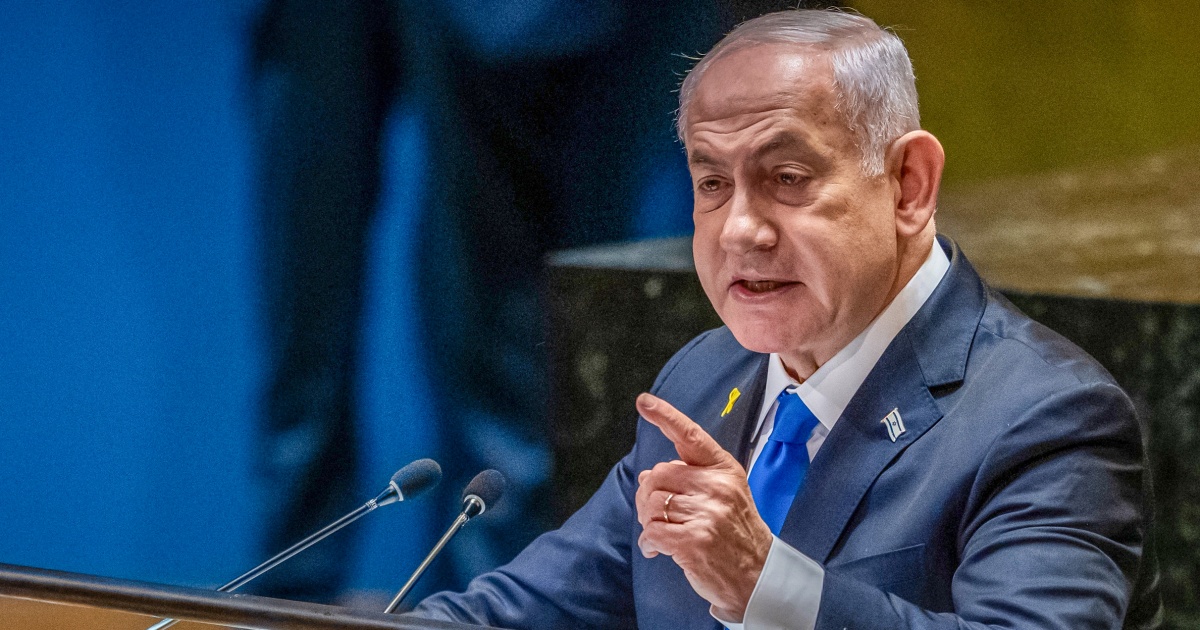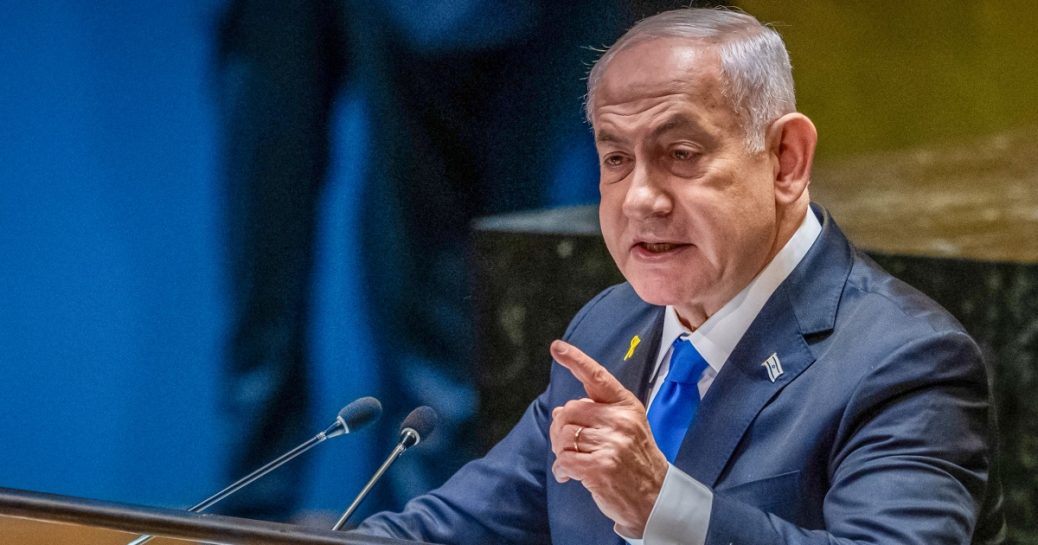
Israel’s killing of Hezbollah’s longtime leader has driven home how Prime Minister Benjamin Netanyahu has set the agenda in the Middle East in recent months, with a frustrated Biden White House unable to shape events or defuse a spreading conflict in the region.
Officials in the Biden administration felt blindsided by Friday’s Israeli airstrikes in southern Beirut that killed Hassan Nasrallah, and other senior Hezbollah figures, current and former officials say.
In the days before the Israeli attack, Secretary of State Antony Blinken had intensively shuttled between delegations in New York during the United Nations General Assembly session, trying to forge a 21-day cease-fire between Israel and Hezbollah.
The Biden administration was so confident in the proposal’s success that a senior administration official briefing reporters after its public debut suggested both parties’ agreement was a foregone conclusion.
American and European officials believed they were moving closer to a possible deal, but then came the television images of a massive plume of smoke rising over southern Beirut.
President Joe Biden, Pentagon senior leaders and other senior officials across the administration were infuriated by the timing of the Israeli government operation, U.S. officials said.
Israel’s continued airstrikes in Lebanon, which have killed more than 1,000 people in two weeks, according to Lebanese health officials, have reinforced the administration’s fears that Netanyahu’s aggressive approach could trigger a chain reaction, resulting in a wider regional war that could possibly draw in the United States.
The White House said in a statement Saturday that the strike that killed Nasrallah brought “a measure of justice for his many victims, including thousands of Americans, Israelis, and Lebanese civilians.”
But it also called for de-escalating the conflicts in Gaza and Lebanon “through diplomatic means” and said it was time for all sides to accept the proposed cease-fire deals on the table for Gaza and Lebanon.
Faced with another failed U.S.-led bid to lower the temperature, Blinken once again urged Israel to choose diplomacy, warning the alternative would lead to “greater instability and insecurity, the ripples of which will be felt around the world.”
“The choices that all parties make in coming days will determine which path this region is on with profound consequences for its people now and possibly for years to come,” Blinken said Friday in remarks after the strike that was later confirmed to have killed Nasrallah.










Recent Comments